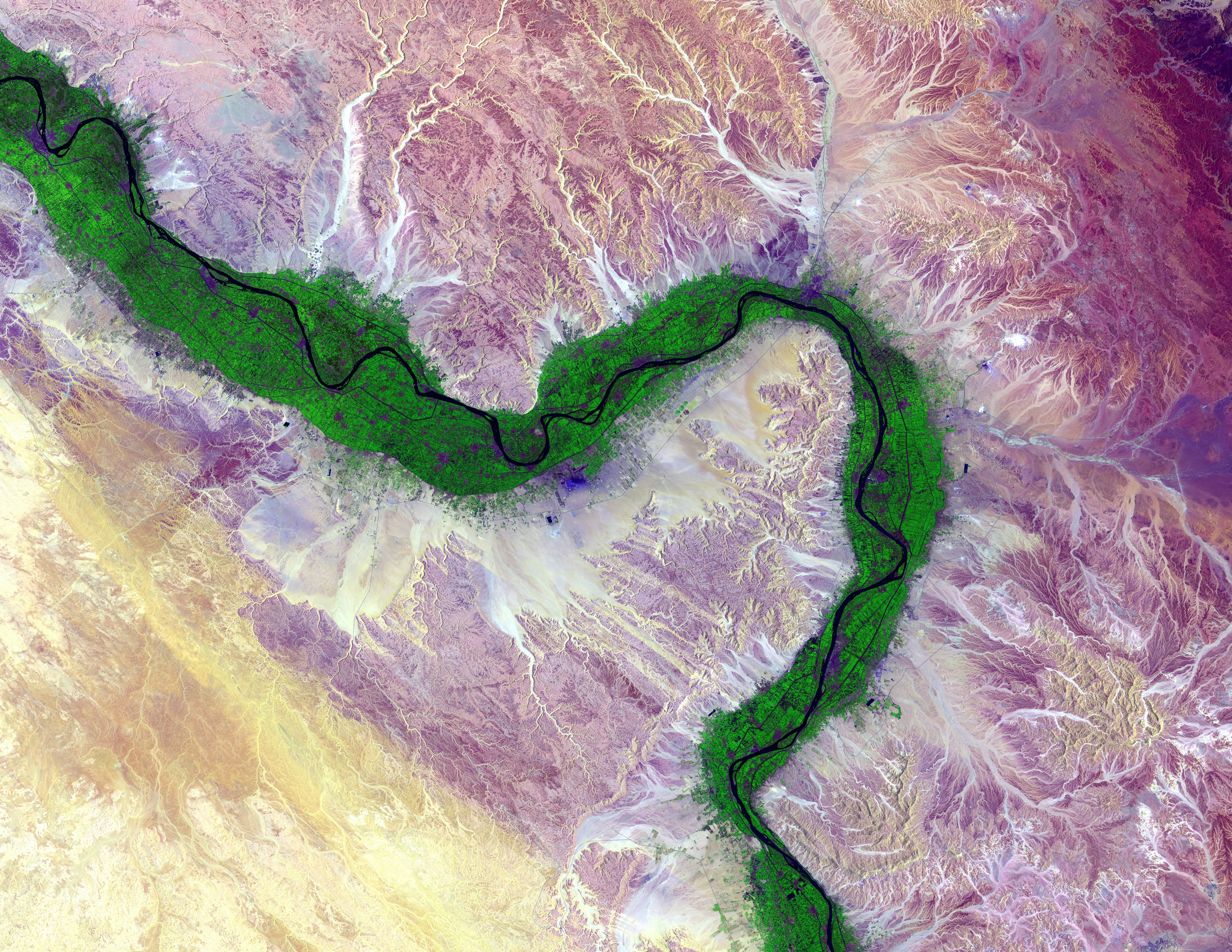
New research from a Southampton scientist has identified the causes of changes affecting river deltas around the world - warning of an urgent need to tackle them through climate adaptation.
Deltas are low-lying areas that form as rivers empty their water and sediment into another body such as an ocean, lake, or another river.
Some of the largest in the world including the Rhine, Mekong, and Nile are threatened by climate change, facing rising sea levels and increasing frequency of extreme events.
With approximately 500 million people today living within or adjacent to delta systems, this is a major issue, said University of Southampton Professor Robert Nicholls , who co-authored the study with an international team of scientists.
Prof Nicholls added: "Deltas are the most complex coastal systems in the world and recognising these multiple drivers and how they operate in each delta is fundamental to finding solutions."
Publishing findings in Nature Climate Change, the team includes experts from the universities of Southampton, East Anglia, and Oxford in the UK, and Deltares, TU Delft, Wageningen University and Utrecht University in the Netherlands.
To address the issues, they developed a new framework that identifies the 10 main drivers of change in deltas globally.
These are: climate change, sea level rise, deforestation, intense agriculture, urbanisation, impoundments, land subsidence, ground water extraction, flood defences, and resources mining.
Prof Nicholls, who also works at University of East Anglia, said local human actions often cause noticeable environmental problems quickly, giving scientists a chance to act fast.
He added: "To solve these issues, we need to understand the whole environmental system, not just isolated parts."
The new framework developed by Prof Nicholls and the team will connect human actions to their effects over time, and help leaders and communities create plans to adapt and protect their environment.
He added: "This is important because human-caused problems like resource overuse or land changes can often have a faster impact than climate change itself.
"Since these local impacts show up quickly, local action is key for effective climate adaptation. This guide also helps different groups talk to each other better, making sure solutions are science-based and fair."
Read the Nature Climate Change paper at https://www.nature.com/articles/s41558-025-02368-0 .






